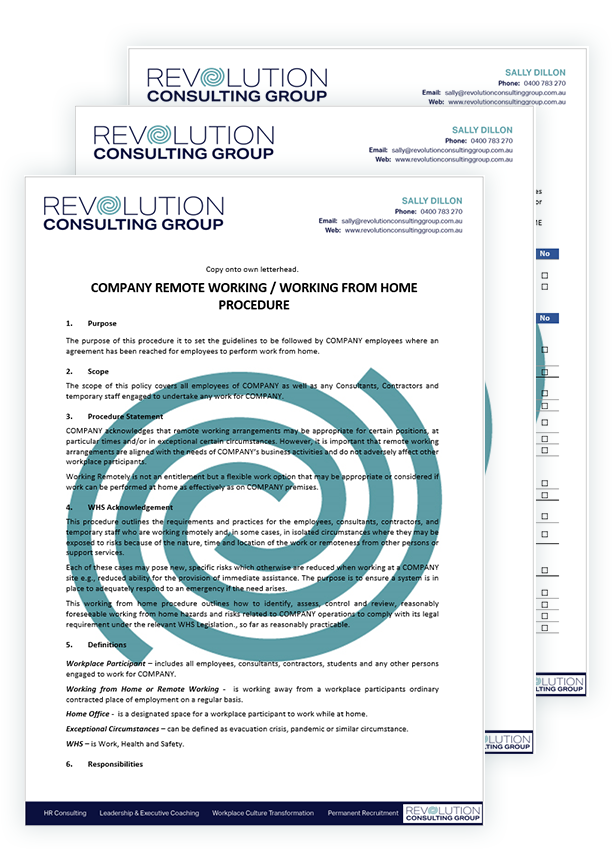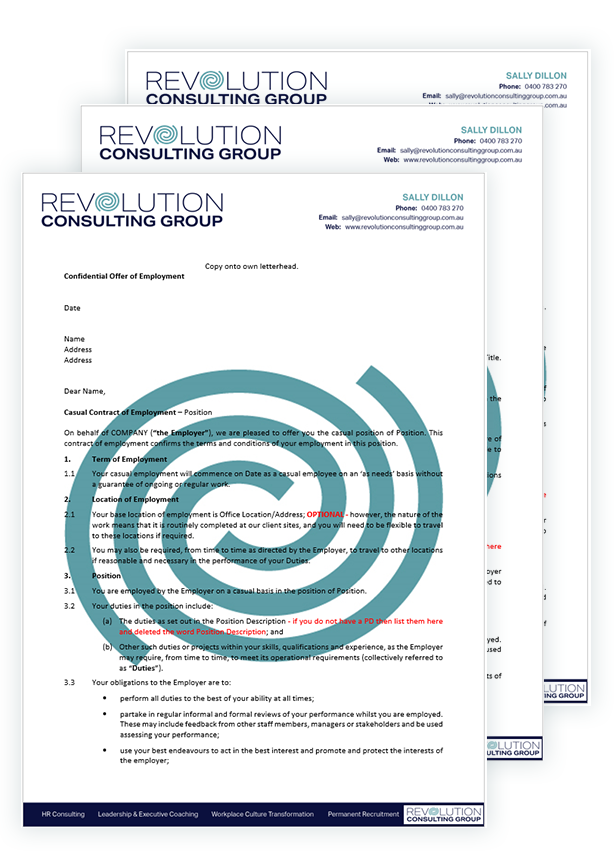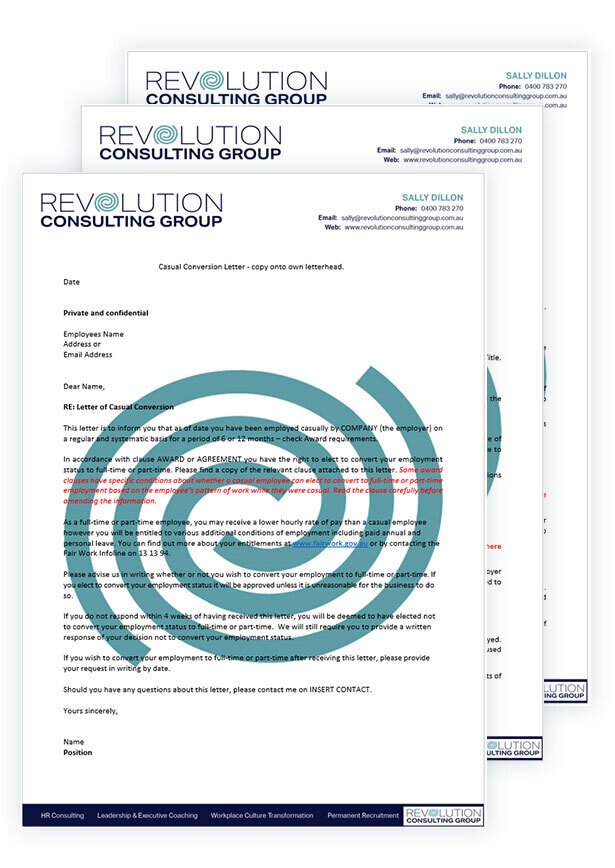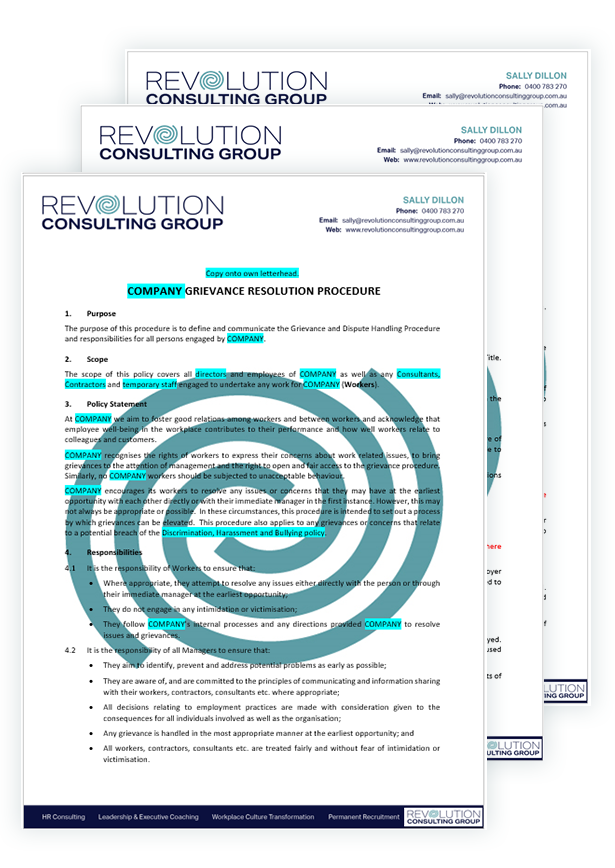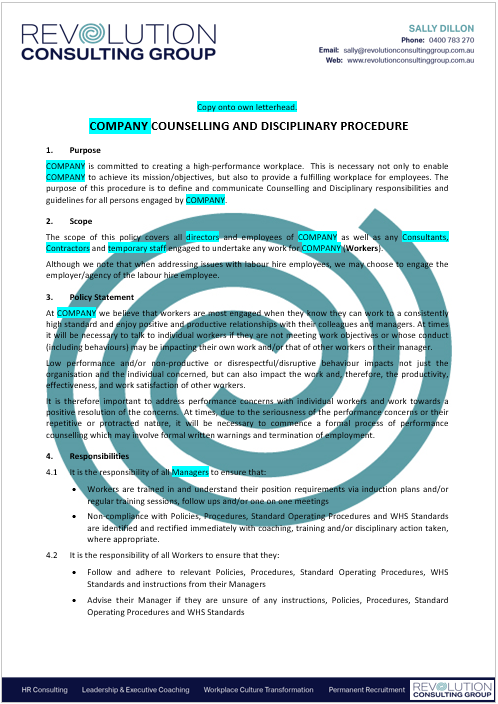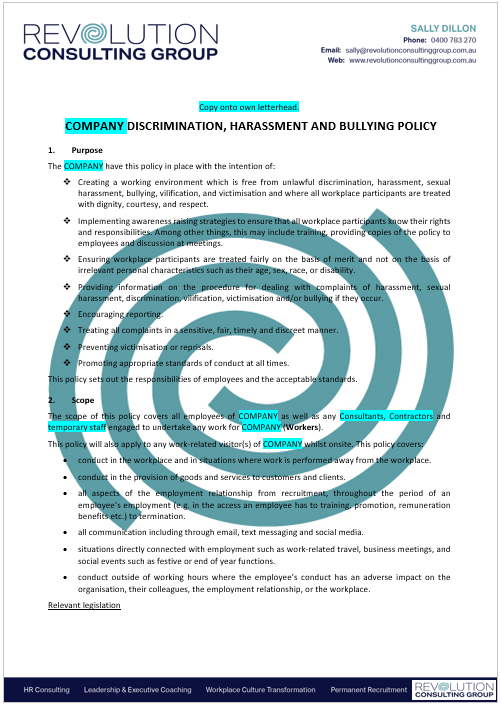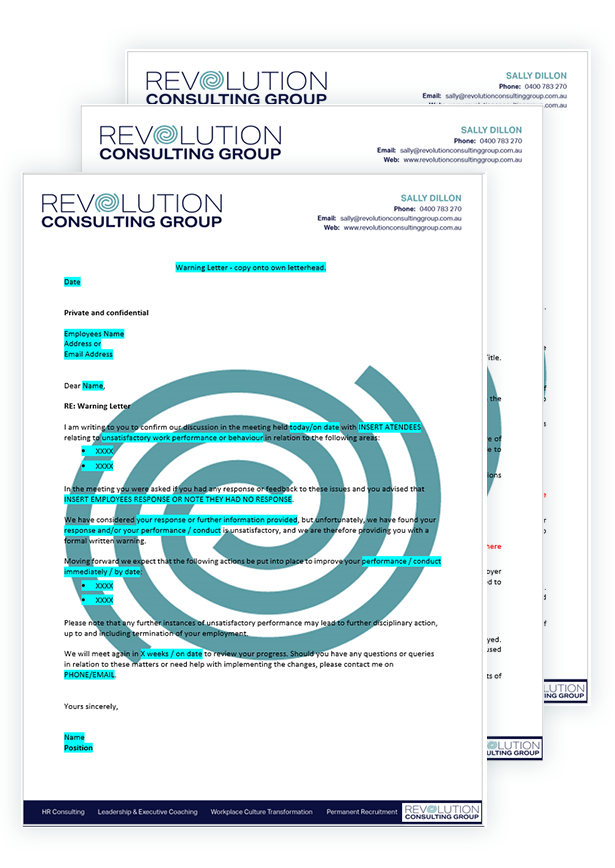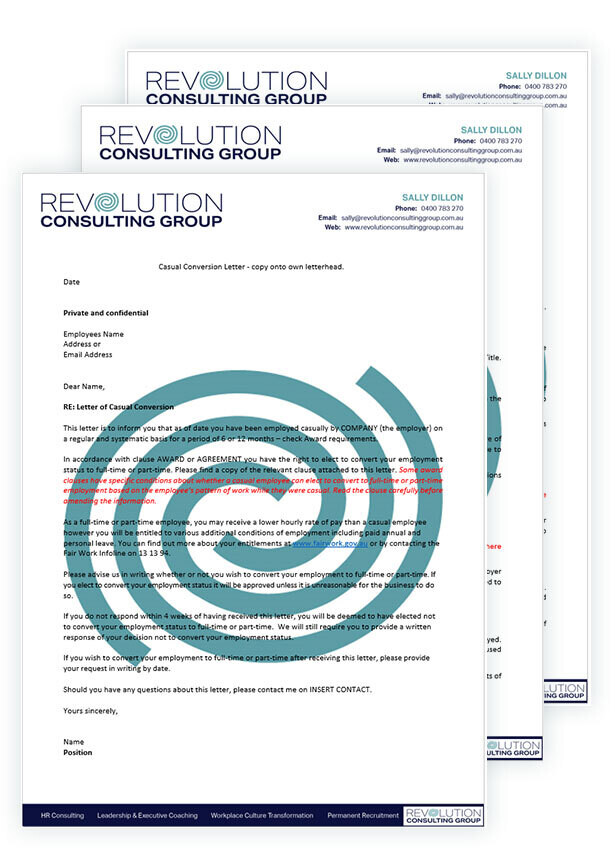
Revolution Consulting Group provides essential HR advice and services to small and medium-sized businesses throughout Australia.
Where We Are Located
On the beautiful NSW South Coast
QUICKLINKS
LATEST POSTS

By Sally Dillon
•
November 16, 2025
The smarter, more human way to wrap up the year with your team. It’s the season of chaos - deadlines, school concerts, clients rushing to finish projects, and somewhere in the middle of it all… the office Christmas party. But as burnout rises and connection feels harder to find, more leaders are asking a different question: 👉 How do we end the year in a way that actually brings our team together? 🎄 The Great Christmas Party Debate For years, the office Christmas party was a given - a big night out to celebrate the end of another busy year. But as workplace dynamics evolve, so too are attitudes toward how (and whether) we celebrate at all. Recent data shows that 37% of Australians dread the workplace Christmas party due to timing clashes, alcohol pressure and location disruptions. Another survey found 62% of adults over 25 now feel more empowered to choose non-alcoholic options, and 53% plan to reduce alcohol consumption during the festive season. It’s not that people don’t want to celebrate, they just want to feel seen, appreciated and connected. 🍾 What the Research Says A 2023 study published in Scientific Reports found that parties focused on human connection, fun, informality and symbolism led to the highest employee satisfaction - while those dominated by heavy drinking, rigid formality or unclear purpose were linked with higher dissatisfaction. And according to Relationships Australia, nearly a quarter of employees now prefer a team-building activity or family-friendly event over a traditional dinner or boozy night out. The message is clear: employees value experiences that feel inclusive, authentic and aligned with their values, not just an open bar. 💡 What Works Better Now Many organisations are experimenting with new ways to celebrate, and they’re seeing better engagement because of it. ✅ Activity-based celebrations: lawn bowls, escape rooms, trivia nights or volunteering days bring teams together through shared experiences rather than shared drinks. ✅ Family-friendly events: picnics, BBQs or daytime activities allow parents and carers to join in without the guilt (or babysitter costs). ✅ Hybrid-friendly connection: remote teams can still join the fun through online trivia, care packages, or regional meetups. The key is inclusion — not perfection. ❤️ What Brené Brown Reminds Us As Brené Brown’s research has shown, true belonging and trust don’t come from surface-level gestures or forced fun. They’re built through shared vulnerability, connection and meaningful recognition. Your team doesn’t need another party - they need to feel valued, seen, and part of something that matters. 🚀 The Takeaway The best celebrations aren’t the loudest - they’re the most intentional. Whether it’s a relaxed BBQ, a bowling afternoon or a shared volunteering day, the goal is the same: end the year connected, not chaotic. Because connection lasts longer than cocktails - and it’s the best investment you’ll make in your culture before the new year begins.

By Sally Dillon
•
November 9, 2025
From 1 November 2025, Fair Work has quietly made another round of changes to the rules governing fixed-term contracts, and if you use contractors, project staff, or short-term hires, this one matters. A new version of the Fixed Term Contract Information Statement (FTCIS) has been released to reflect updates to the additional exceptions that determine when fixed-term contracts can be used. Let’s take a look at what’s changed, who’s affected, and what you need to do next. Quick Refresher: What Are the Current Rules? Since 6 December 2023, employers can’t employ someone on a fixed-term contract that: ✅ runs for longer than two years (including extensions) ✅ allows more than one renewal ✅ is used consecutively for similar work These limits were introduced to stop employers from using rolling short-term contracts instead of offering ongoing employment. Fixed-Term vs Maximum-Term Contracts - What’s the Difference? These changes apply only to fixed-term contracts , not maximum-term contracts . A fixed-term contract automatically ends on a specific date, with no notice required. A maximum-term contract , on the other hand, runs up to a certain date but can end earlier under standard termination clauses. Because of this difference, maximum-term contracts aren’t subject to the same FTCIS limitations. However, employers should be careful not to use them as a workaround. Fair Work can still view repetitive or misused maximum-term contracts as avoidance behaviour . What’s New from 1 November 2025 Here’s what’s been updated in the latest version of the FTCIS: 1️⃣ Temporary exceptions have ended for: Higher education Public hospitals These sectors now fall under the standard fixed-term contract limits unless another exception applies under their Award. 2️⃣ Temporary exceptions have been extended to 1 November 2026 for: Charities and not-for-profits (NFPs) with annual revenue under $10 million Medical and health research organisations with annual revenue under $100 million 3️⃣ Some exceptions have been made ongoing: Organised sport High-performance sport So for these sectors, the exemption continues without an end date. Why It Matters (Even If You’re Not in These Sectors) If your business uses fixed-term contracts for project work, seasonal roles, or grant-funded positions, you now need to: Issue the new FTCIS to every fixed-term employee hired from 1 November 2025 onward Check whether your contracts still meet the two-year or one-renewal rule Keep evidence if you rely on an exception, such as grant funding agreements or financial statements Avoid anti-avoidance behaviour such as rotating employees or re-labelling contracts just to extend them Failure to comply means the contract may not automatically end, leaving you exposed to unfair dismissal or redundancy claims. Action Steps for Employers Download the new FTCIS from fairwork.gov.au/ftcis Audit your current fixed-term contracts , including any renewals or casual conversions Review your onboarding process to ensure the correct information statement is issued every time Seek HR advice before offering or renewing any fixed-term arrangement beyond two years Final Word This update might sound minor, but it’s another reminder that Fair Work is tightening its grip on contract compliance. If you’re unsure whether your contracts meet the new rules or want to make sure you’re issuing the right version of the FTCIS, now’s the time for a quick check before the holiday break.
